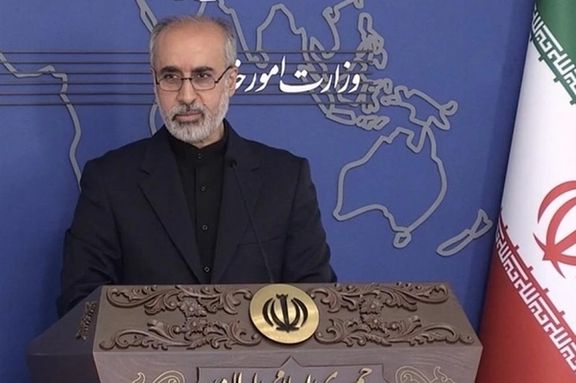The remarks by Iran’s foreign ministry spokesperson are the latest official comments suggesting Tehran may avoid a direct response to the attack which killed Hezbollah chief Hassan Nasrallah and a top Iranian military commander Abbas Nilforoushan on Friday.
"There is no need to send volunteer or support forces from Iran to Gaza and Lebanon, as Lebanon and Palestine have the necessary capability to defend themselves," Iran’s Nasser Kanaani, told reporters on Monday.
"Iran will not leave any aggressive actions by the Zionist regime unanswered," he added. "Israel will not go without reprimand and punishment, and we will definitely take decisive and proportionate measures in this regard".
Israel unleashed huge air strikes on Beirut on Friday, killing Nilforoushan, Nasrallah and other senior Hezbollah leaders in the largest attack on the vast suburb from which the Iran-backed Shia militant group draws support in nearly a year of fighting.
Earlier on Friday, Israeli Prime Minister Benjamin Netanyahu told the United Nations General Assembly that Israel was winning in a multi-front war with Iran and could strike the Islamic Republic anywhere on its territory or the region.
Another influential Iranian hardliner emphasized Tehran's allegiance to the network of armed Islamist groups in the region like Hamas, Hezbollah and the Houthis but also stopped short of describing any retaliation.
"They falsely claim that the Islamic Republic has abandoned the resistance front, but resistance forces know that Iran stands behind them," Mohammad-Javad Larijani, a former top advisor to Supreme Leader Ali Khamenei, said.
“Our patience for revenge is worth it if it leads to peace in Gaza,” Larijani told reporters on Monday.
Revolutionary Guard commanders have remained mostly silent on the issue of a military response or threats of military nature after Nasrallah's killing. Their cautious stand is unusual for the IRGC, as threatening Israel is a routine policy during most political or military gatherings.








